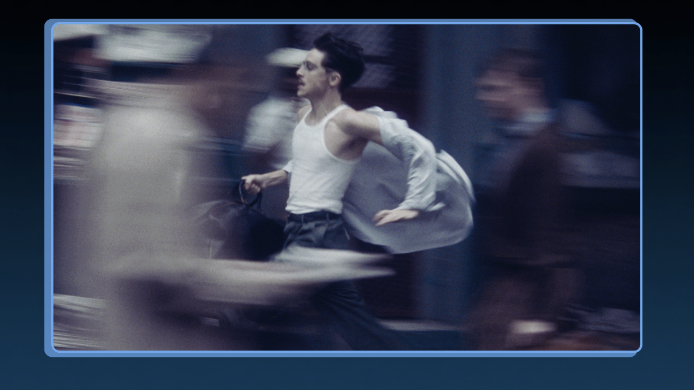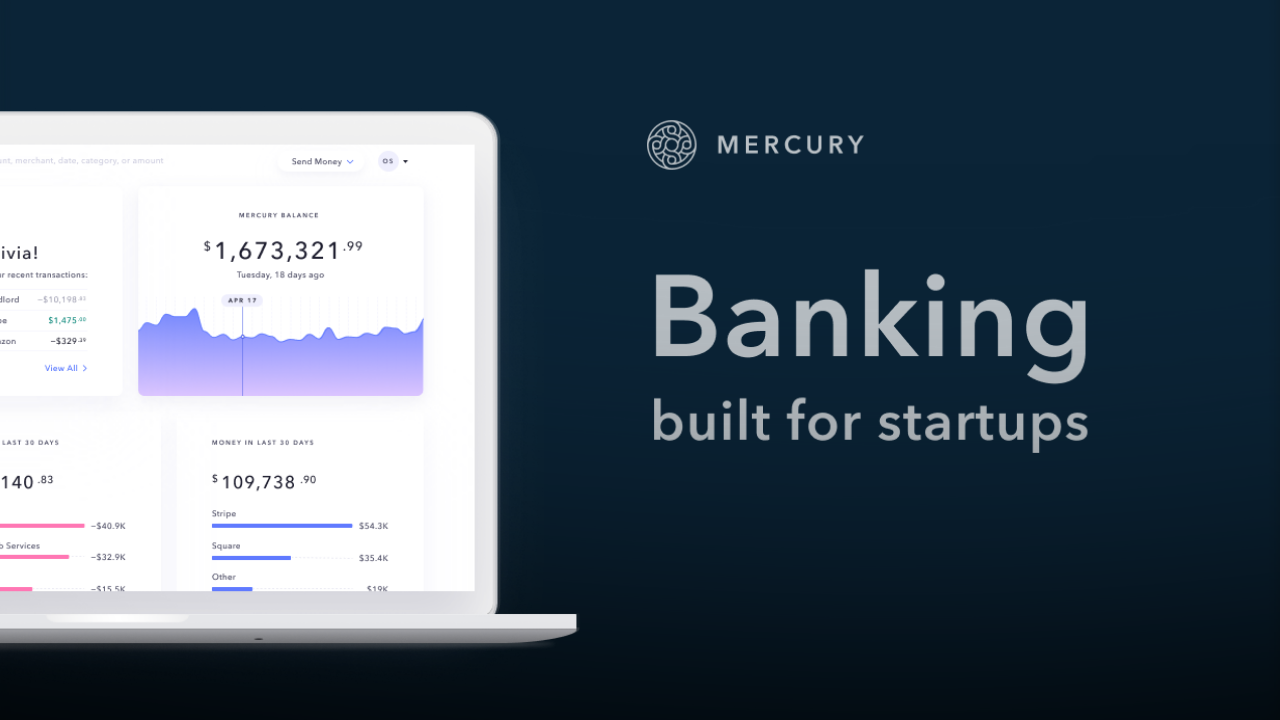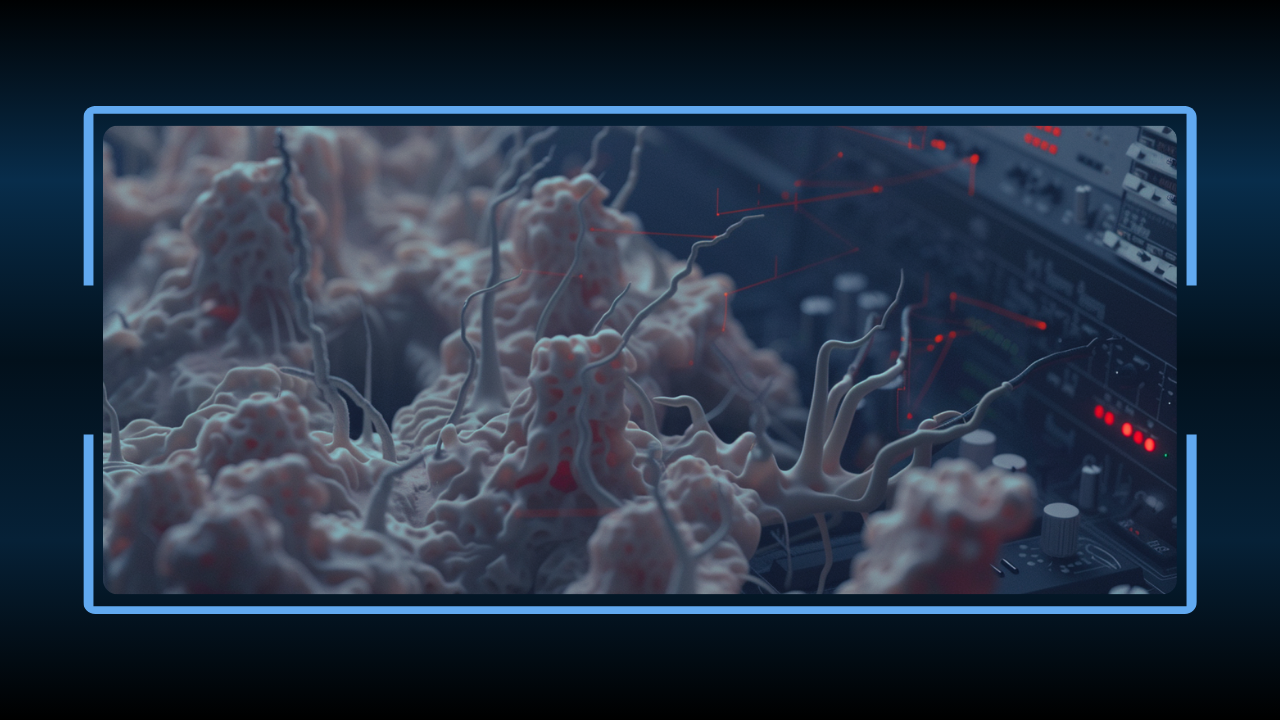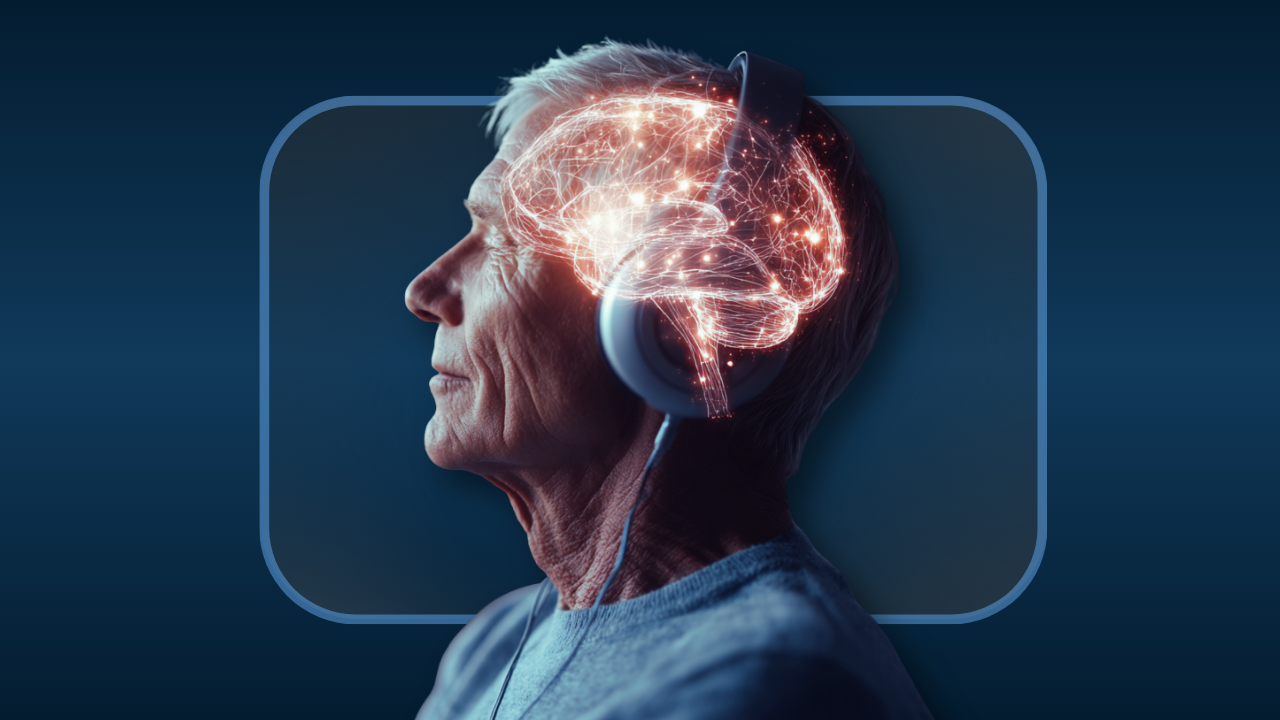Combating AI Deepfakes: Industry Leaders Rally Behind No Fakes Act

Tech executives and music industry figures gathered before the Senate Judiciary Committee’s subcommittee on privacy, technology, and the law to support the No Fakes Act, a bipartisan bill aimed at protecting individuals from the unauthorized use of their voice, likeness, and image through AI-generated deepfakes.
The hearing highlighted the growing concerns over the misuse of generative AI, especially in replicating individuals without their consent. Executives from YouTube, the Recording Industry Association of America (RIAA), and artists like Martina McBride emphasized the urgency of implementing legislation that addresses the risks posed to both public figures and everyday individuals.

Photo Credit: AP Photo
Why It Matters in the Music Industry
For artists, the risks tied to deepfakes go beyond image misuse. With AI tools able to recreate voices and likenesses, the potential for unauthorized recordings, impersonations, or manipulated performances is real. This can mislead fans, damage reputations, and interfere with an artist’s ability to control how their identity is used.
Key Provisions of the No Fakes Act
The No Fakes Act, reintroduced in the Senate last month, seeks to establish clear legal boundaries around the creation and distribution of AI-generated digital replicas. The legislation would:
Make individuals and companies liable for producing or distributing unauthorized digital replicas used in performances.
Hold platforms accountable if they knowingly host unauthorized replicas.
Include First Amendment exceptions for certain uses, such as satire or newsworthy content.
Introduce a notice-and-takedown mechanism for victims to request removal of non-consensual deepfakes without needing legal action.
Industry Support and Scope of the Bill
Support for the legislation has grown significantly, with nearly 400 artists and public figures backing the bill through the Human Artistry Campaign. Notable names include LeAnn Rimes, Missy Elliott, Bette Midler, Scarlett Johansson, and Sean Astin.
The bill is intended to cover unauthorized replicas across audiovisual works, images, and sound recordings. While it focuses on protecting against harmful uses, it also preserves room for creative and responsible applications of AI technology.
Platform Responsibilities and Tech-Neutral Regulation
Representatives from platforms like YouTube expressed support for the No Fakes Act, emphasizing the need for clear, tech-neutral regulations that provide a consistent framework across global operations. The proposed law would offer legal clarity and operational efficiency for platforms, while also empowering creators and rights holders to manage their digital identities.
The industry consensus is that while AI holds immense promise, its responsible deployment requires firm boundaries to protect individuals from exploitation.
Conclusion
As generative AI continues to develop, the No Fakes Act is shaping up to be a major step in defining legal protections, especially for artists navigating this new digital terrain.
Let’s Collaborate!
Need help building the tone for your production? Hit us up – the Rareform Audio team would love to help you create the perfect soundtrack that speaks to your audience and enhances the power of your visual storytelling to new heights!
A weekly glimpse into the world of music & media with insider news, sync licensing opportunities, creative insight, and discussions.
Rareform Highlights
Black Sheep Music & Rareform Audio join forces with A24.
Join our Spotify Playlist and vibe with us! Featuring an array of tunes our team has been listening to.
Hi, I'm Hannah, the Marketing Manager at Rareform Audio. When I'm not crafting content and strategizing campaigns, you'll find me singing my heart out with my local choir. I love blending creativity and connection in everything I do, whether it’s through words or music!


































